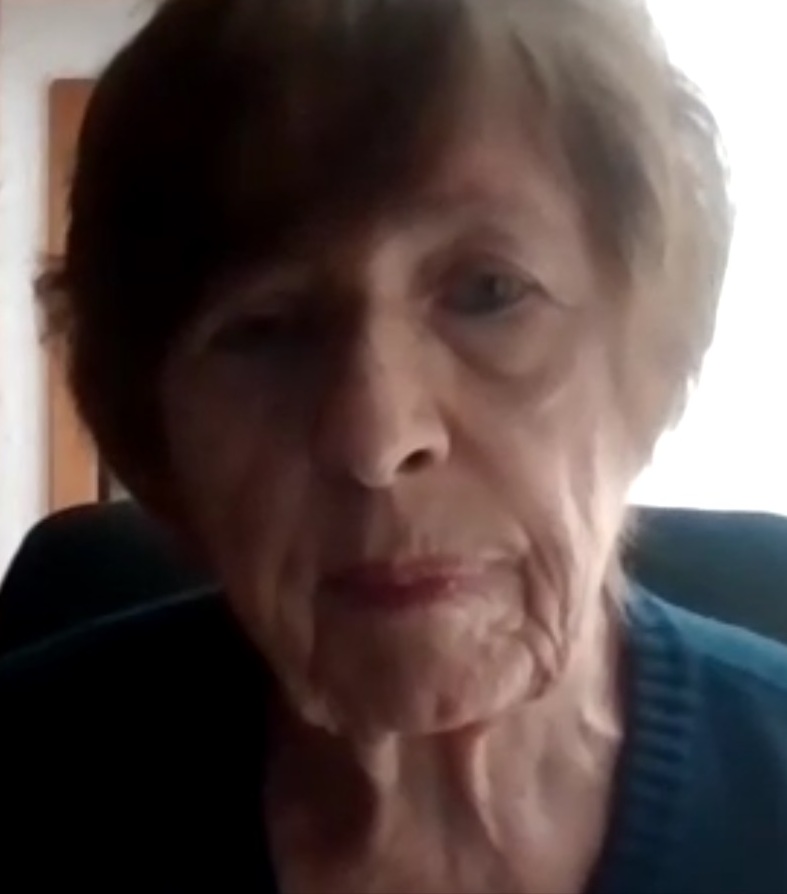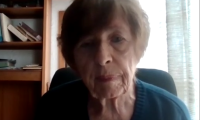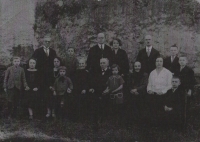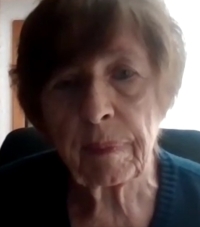We did not believe the situation would reverse for us to return. That was a surprise

Download image
Milada Chvátalová, née Čížkovská, was born in Bzenec in Slovácko, South Moravia on 9 June 1945. Her father Antonín was a graduated winemaker and mother Milada was a music teacher. Her father’s youngest brother Zdeněk Čížkovský, a teacher in Domanín, left the country in 1948 and eventually became a priest and missionary in the South African Republic (“SAR”). When trades were forbidden, the family lost a thriving greengrocer’s business. Milada and her sister Dana were not allowed to study at the schools they chose due to cadre reasons. Milada eventually completed a language school in Brno and worked at the Čedok travel agency for a brief period. Aged 20, she married Milan Chvátal, an expert in metallurgy, and they relocated to Martin, Slovakia. The witness got a job as a technical translator at the company where her husband was employed. They witnessed the invasion of the Warsaw Pact armies of 1968 in Martin, and they emigrated immediately afterwards. With two young children, they spent about a month in Austria. Eventually, they went all the way to her uncle in the SAR via Switzerland, and they still live on a farm near Pretoria today. Milada’s sister Dana emigrated soon afterwards and settled in Canada. Uncle Zdeněk Čížkovský came back to Czechoslovakia for good in 1991 and, as a member of the Congregation of the Oblates of the Virgin Mary, lived in Klokoty near Tábor and in Kroměříž, where he died on 26 November 2004 and was interred.


